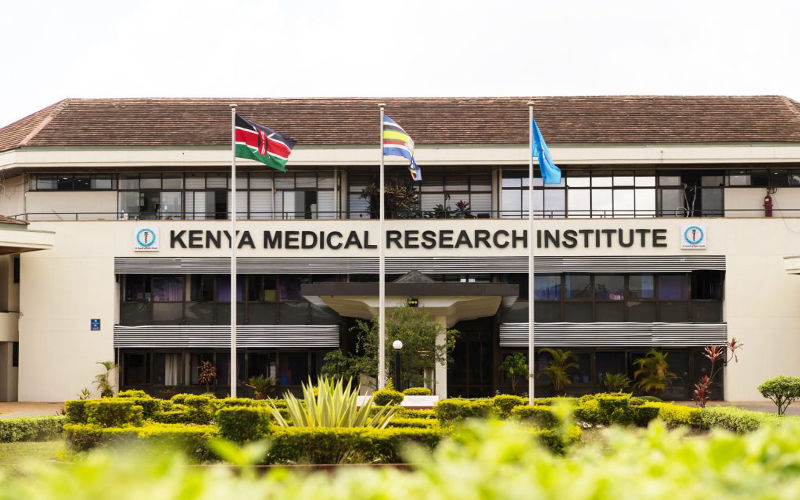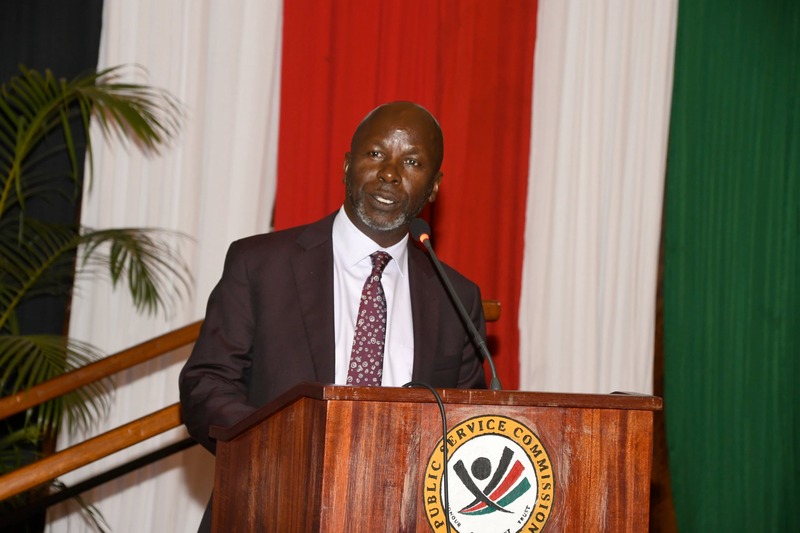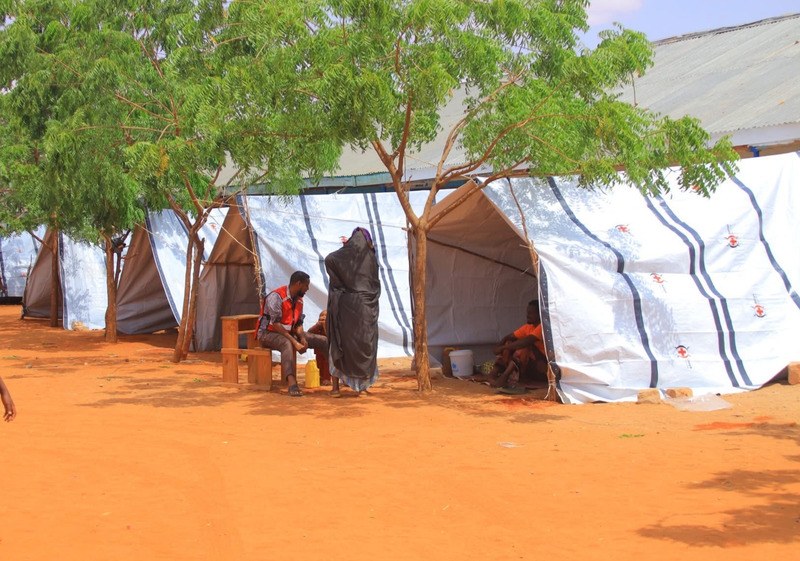Parliament moves to regulate, integrate herbal medicine under proposed KEMRI Bill

If passed, the law will task Kemri with conducting clinical and biochemical research on traditional treatments to verify their effectiveness and safety.
Parliament is considering a new law that would give traditional and alternative medicine a formal role in Kenya’s healthcare system, with the Kenya Medical Research Institute (Kemri) at the centre of its regulation, research and approval.
The Kenya Medical Research Institute Bill, 2025, introduced by Seme MP James Nyikal, outlines a legal structure that would bring oversight to a field long used by many Kenyans but often lacking in quality control or scientific backing.
More To Read
- KEMRI study finds widely used antiparasitic drug cuts malaria transmission by 26 per cent
- UASU sues KEMRI over plan to retire scientists, professors before age 74
- KEMRI to analyse samples from mysterious Mombasa deaths as health probe intensifies
- Chikungunya and dengue cases surge as Aedes mosquitoes spread in Kenya
- Uganda unveils herbal remedies for cancer care, eyes clinical trials
- Kemri sounds alarm over budget snub, warns of research collapse and health crisis
The proposal aims to integrate traditional practices into modern healthcare while ensuring public safety and protecting indigenous knowledge.
According to the Bill, “The government shall recognise and integrate traditional medicine in a manner that complements the conventional healthcare system.”
If passed, the law will task Kemri with conducting clinical and biochemical research on traditional treatments to verify their effectiveness and safety.
The institute will also be required to support other regulatory agencies in maintaining product standards and monitoring herbal products already on the market.
Nyikal said the law would close a major gap in a sector where unsafe and untested products continue to be sold.
“It is a way to encourage the use and integration of traditional and alternative medicine products in the healthcare system in the country,” he said in the memorandum attached to the Bill.
Under the proposed changes, Kemri would oversee the approval process for herbal remedies, regulate product labelling and advertising, and monitor the marketplace for any misleading claims.
The legislation also targets those selling fake or harmful products, introducing penalties of up to Sh3 million in fines or three years in prison for violations.
The Bill outlaws the use of unauthorised ingredients, the sale of products without any proven health value, and the distribution of remedies without prior toxicology testing. It also makes it an offence to operate in unsanitary conditions.
A national database would be created to record verified traditional knowledge, a move intended to prevent the theft of indigenous medical practices by outsiders and ensure communities benefit from the use of their knowledge.
Nyikal said Kemri’s current legal basis, the 2021 Kemri Institute Order, falls short of what is needed to carry out the broader responsibilities.
“Kemri is currently established through a legal order, hence it has an inadequate legal framework. The Bill, therefore, redresses this by providing an elaborate legal framework,” he stated.
Beyond regulating traditional remedies, the Bill gives Kemri a wider role in medical research, allowing the institute to lead clinical trials during health emergencies, manage research samples and data, and safeguard Kenya’s rights to its scientific discoveries.
The proposed law brings Kenya in line with countries such as India and China, where traditional medicine is fully embedded within the national health system.
It also reflects recommendations from the World Health Organisation (WHO), which urges member states to support integrative medicine, especially in rural areas with limited access to modern healthcare.
A Scientific and Ethics Review unit would be established within Kemri to ensure discipline and ethical practices in all research and development related to herbal medicine. Committees under this unit would investigate and handle ethical breaches.
The institute would also be responsible for building the capacity of herbalists, developers of traditional medicine, and healthcare workers through training programmes.
Kemri would further be designated as the lead institution for all health-related research and would work closely with the National Commission for Science, Technology and Innovation (Nacosti) on research approvals and compliance.
Top Stories Today












































